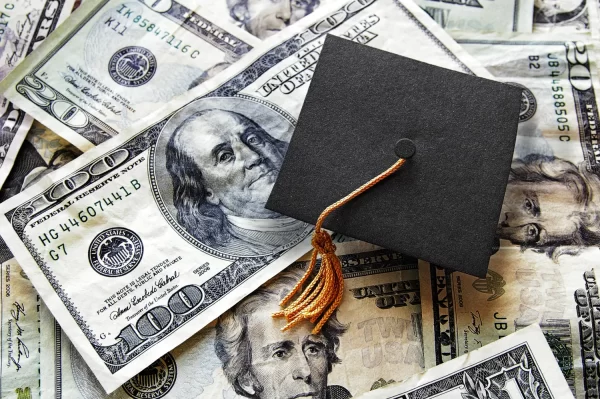A Complete Guide to Understanding Student Loans
As the pursuit of higher education becomes increasingly common, student loans have emerged as a key financial resource for many. While they enable students to access essential educational opportunities, navigating the complexities of student loans can be daunting. This guide aims to clarify what you need to know about student loans, ensuring you make informed decisions regarding your education financing.
What Are Student Loans?
Student loans are funds borrowed to cover educational costs, which may include tuition, fees, housing, and other related expenses. Unlike gifts or scholarships, these loans must be repaid, often with interest. Student loans can be classified into two primary categories:
- Federal Student Loans: These are loans issued by the government, typically featuring lower interest rates and more flexible repayment options.These consist of Direct Subsidized Loans, Direct Unsubsidized Loans, and Direct PLUS Loans.
- Private Student Loans: Offered by banks, credit unions, or other financial institutions, these loans often come with higher interest rates and less favorable repayment terms than federal loans. It’s essential to thoroughly compare private loan options before committing.

The Importance of Responsible Borrowing:
While student loans can be crucial for funding your education, borrowing responsibly is paramount. Here are some guidelines to help you make sound decisions:
- Evaluate Your Financial Needs: Before borrowing, assess your financial requirements. Create a detailed budget that outlines expected expenses and determine how much you genuinely need to borrow.
- Seek Scholarships and Grants: Prioritize finding scholarships and grants that do not require repayment. Numerous organizations provide financial assistance based on academic merit, community involvement, or specific fields of study.
- Understand Loan Terms: Carefully review the loan agreement, paying attention to interest rates, repayment plans, and any associated fees. Understanding these details will help you make educated choices.
Managing Repayment: Options and Tips:
After graduation, the focus shifts to repaying your loans. Effectively managing student loan repayment can be challenging, but several strategies can ease the process:
- Familiarize Yourself with Repayment Plans: Federal student loans often offer various repayment options, including standard, graduated, and income-driven plans. Select a plan that fits your financial situation.
- Explore Loan Forgiveness Opportunities: If you work in public service or certain nonprofit sectors, you may qualify for loan forgiveness after a specific number of qualifying payments. Research programs like the Public Service Loan Forgiveness (PSLF) program to understand eligibility.
- Communicate with Your Lender: If you’re facing difficulty making payments, don’t hesitate to reach out to your lender. Many lenders provide options for deferment or forbearance that can temporarily alleviate financial burdens.
Understanding the Implications of Student Loan Debt:
Student loan debt can have significant long-term consequences on your financial well-being. High levels of debt can impede your ability to buy a home, save for retirement, or pursue additional education. Recognizing these impacts is vital when considering borrowing options.
- Effect on Credit Score: Student loans are reported to credit bureaus, influencing your credit score. Timely payments are crucial for maintaining a healthy credit profile, which can open doors for future financial opportunities.
- Impact on Future Financial Goals: Carrying substantial student loan debt might delay personal milestones such as purchasing a vehicle, traveling, or investing in property. Thoughtful budgeting and financial planning can help you manage these challenges while working towards your objectives.
Looking Ahead:
As tuition costs continue to rise, student loans will remain an integral part of the educational financing landscape. Being proactive and well-informed about your options is key to navigating this terrain successfully.
Conclusion:
Student loans serve as a vital mechanism for accessing higher education, but they require careful consideration and management. By understanding the different loan types, borrowing responsibly, and implementing effective repayment strategies, you can approach the world of student loans with confidence. Awareness of the potential long-term effects of borrowing will empower you to make choices aligned with your financial aspirations.
Whether you are embarking on your academic journey or managing existing debt, staying informed about student loans is essential for achieving a successful financial future.
FAQs:
1. What exactly are student loans?





